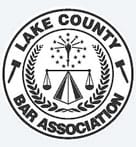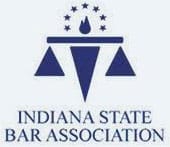When Indiana couples get divorced, they will have to contend with the division of their marital property. This includes all of the assets that either spouse has accumulated during the marriage, including contributions to pensions and other retirement accounts. When people prepare to divide retirement accounts, they need to be careful so that they do not incur tax penalties. To properly divide assets held in certain retirement accounts, a qualified domestic relations order needs to be prepared and issued by the court.
Understanding qualified domestic relations orders
The Internal Revenue Service assesses early withdrawal penalties when distributions are made from pensions or 401(k) accounts before the account holders reach the age of 59 1/2. If the receiving party takes a lump sum in cash, he or she will also be taxed on the amount that is received. To avoid these potential tax consequences, distributions from a pension must be made under a qualified domestic relations order. A QDRO is a court order that is issued at the time of the divorce decree and is sent to the plan administrator. It tells the administrator how much to take from the account and to provide to the other spouse. The recipient spouse can roll that amount over into a new retirement account in his or her name.
Why QDROs are important
A properly prepared QDRO helps the retirement account holder avoid paying early withdrawal penalties. As long as the receiving spouse properly rolls the funds over into a new retirement account instead of taking the money as a lump sum payment, he or she can also avoid paying taxes on the distribution. If a distribution is taken outside of the QDRO process, tax penalties may be imposed.
People who are going through divorces who have substantial savings built up in retirement accounts might want to consult with family law attorneys who are experienced with handling complex asset division cases. The lawyers may help their clients understand the process and how they might avoid potential tax liabilities.








